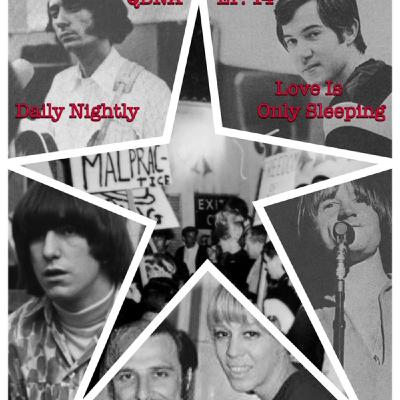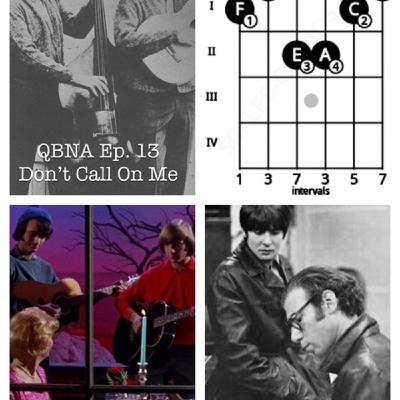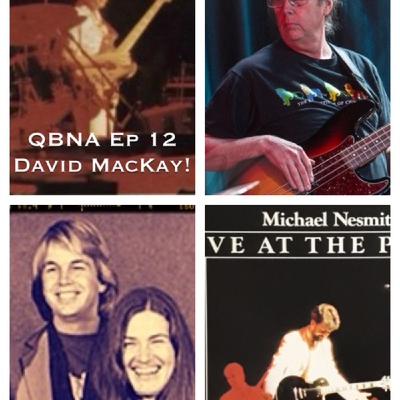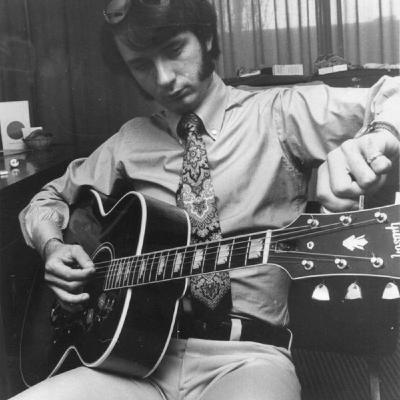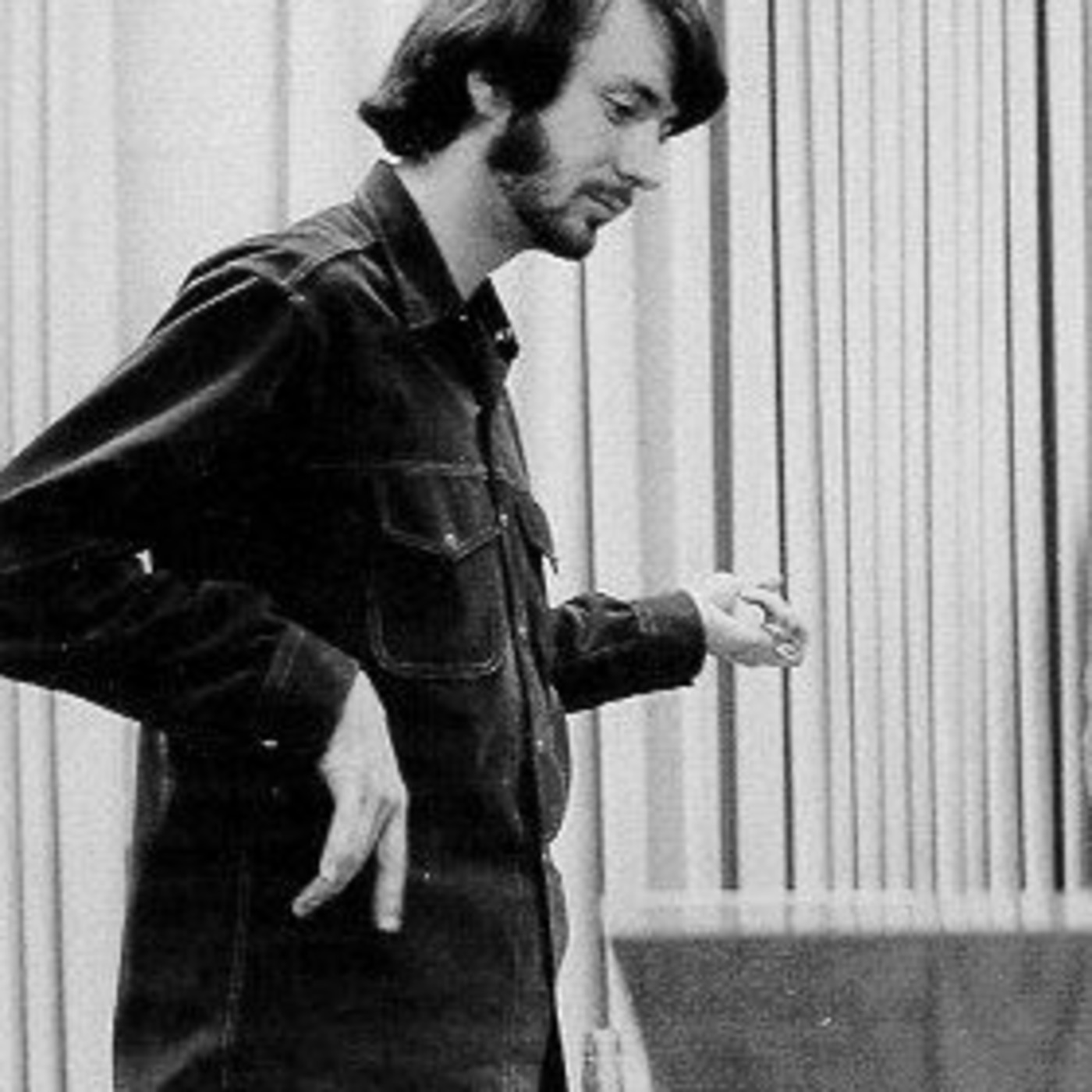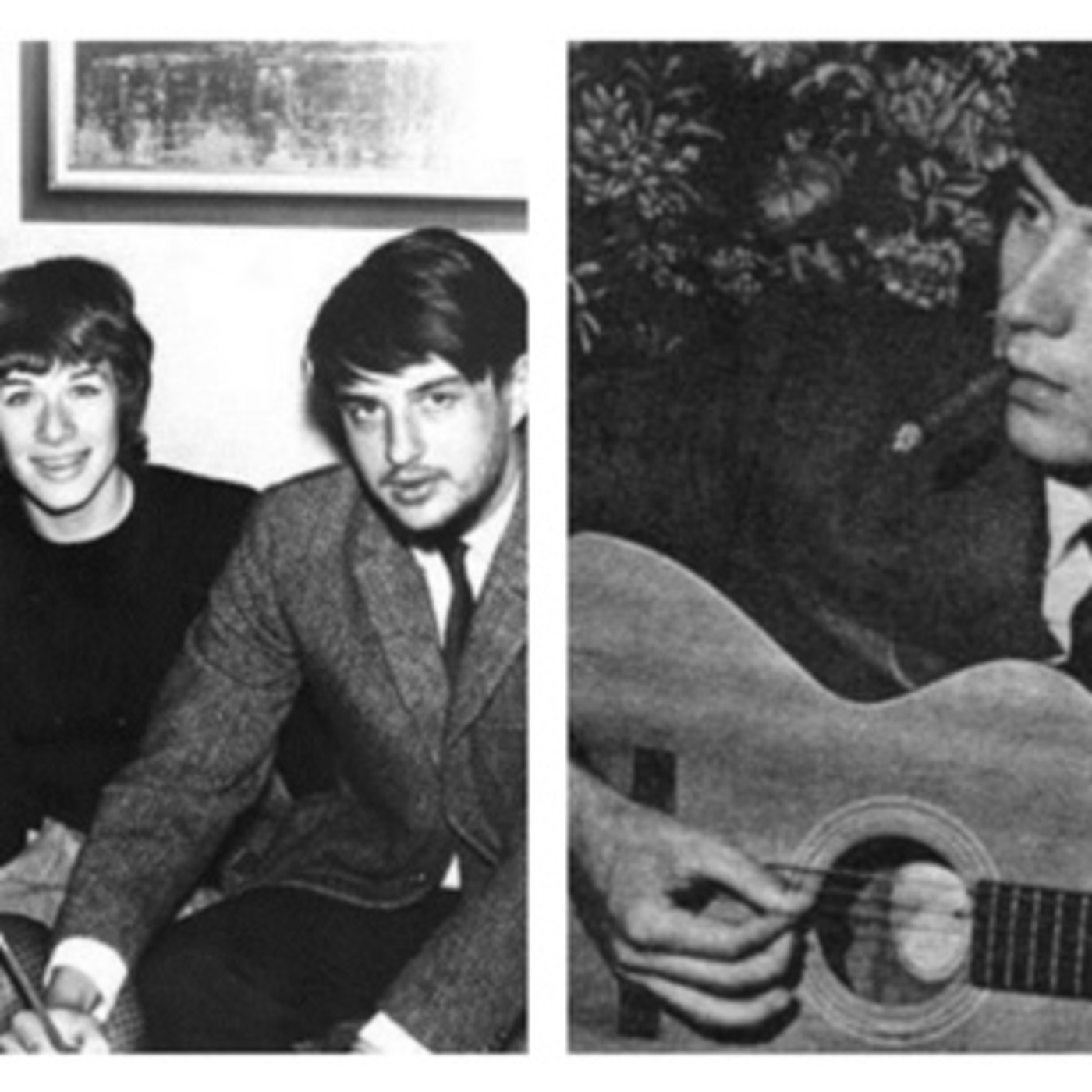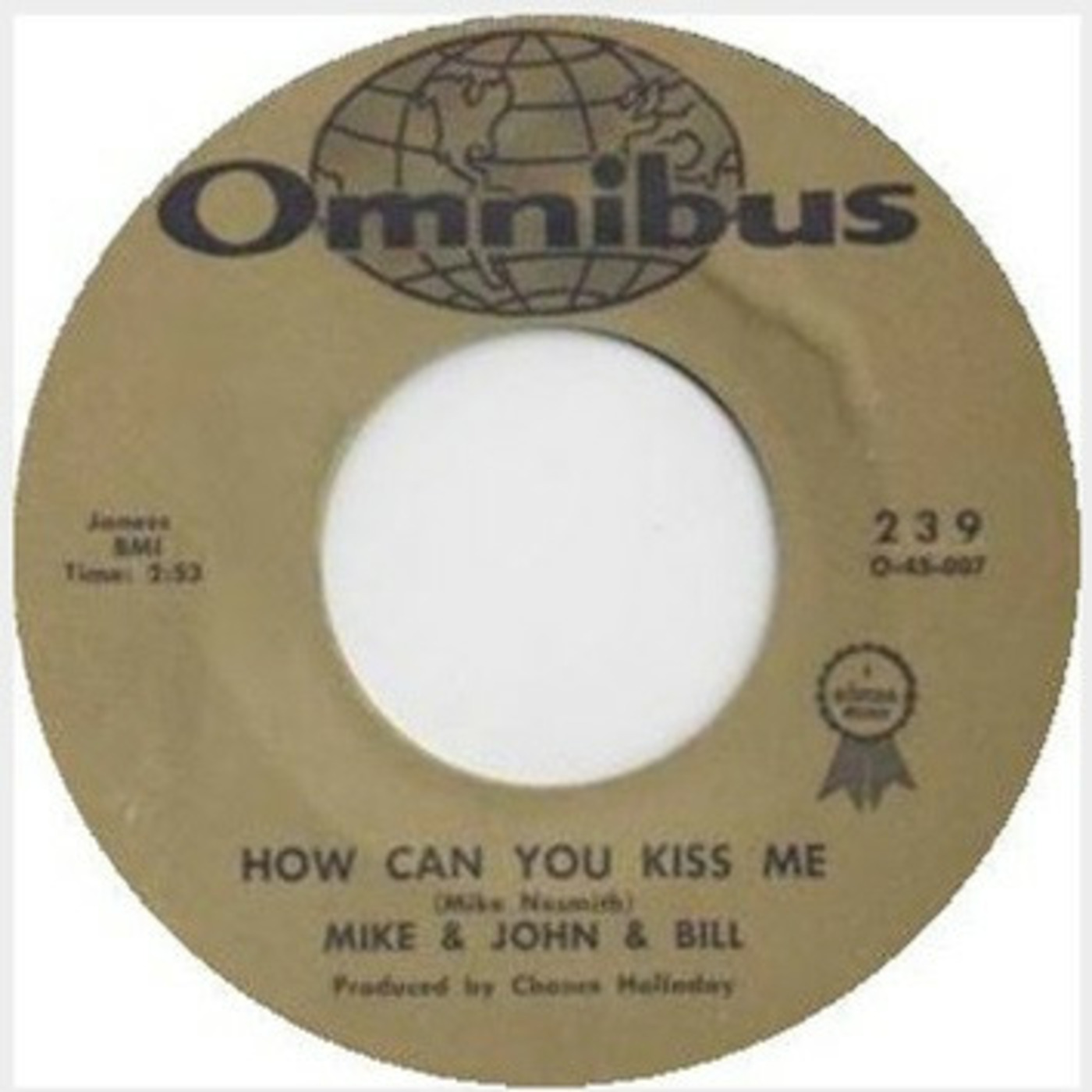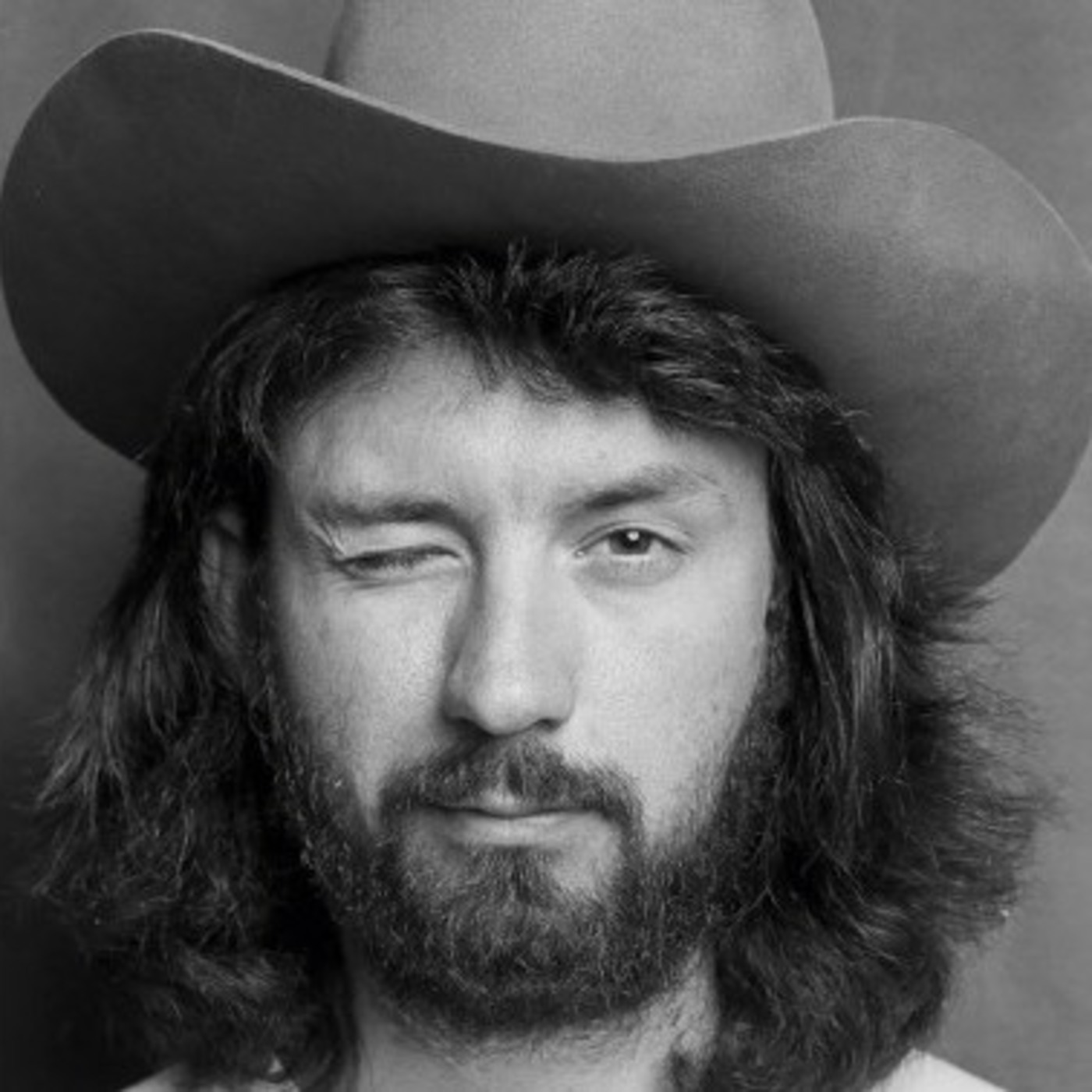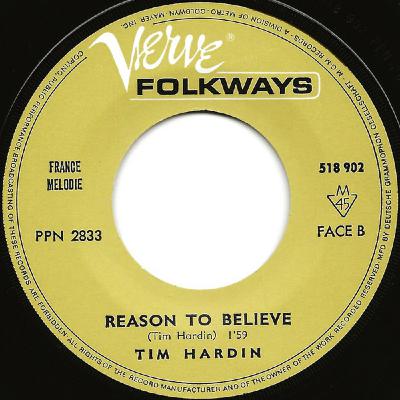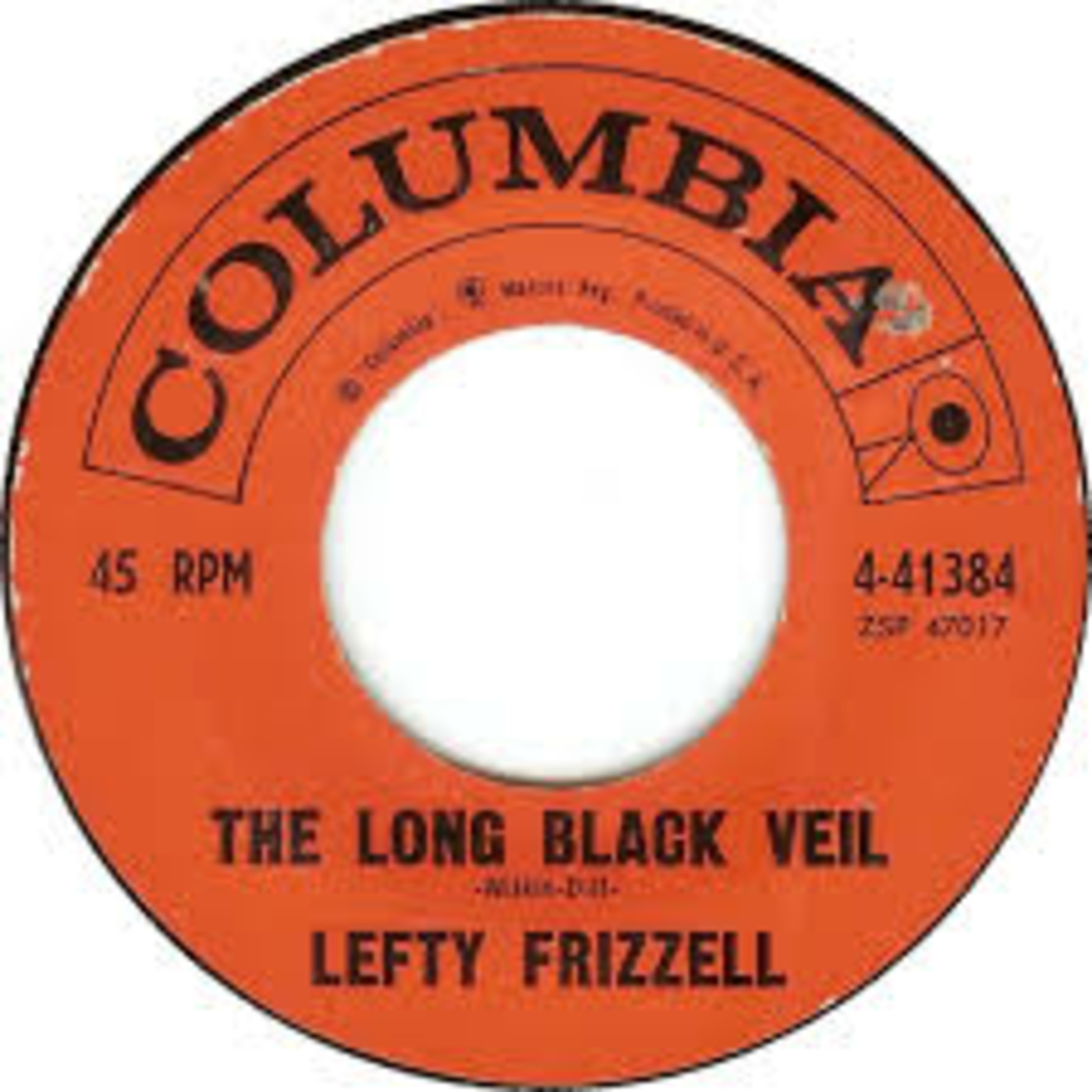Where's That Sound Coming From Presents: Questions But No Answers with Brian Marchese
Description
Dateline December 30 2023. The spinoff is now the main event. Welcome to Where's That Sound Coming From Presents: Questions But No Answers! Yes, WTSCF has become what might be the only podcast centered on the musical career of a person whom I consider to be one of the most creative, if underrated and misunderstood, musical minds of the mid-late 20th Century: the late, great Michael Nesmith. I made a list of 75 songs he recorded between 1965-2016 which I feel support my opinion (mostly original, but I had to include a handful of wonderful cover versions) and I intend to devote a 30-60 min episode to each song (though if appropriate I might clump two together in one episode). True to Nez's own philosophy of letting ideas unfold in time and space to allow for growth, I only have a general idea of what I want these episodes to be like. There will indeed be academic presentation of facts, dates and names. There will also be, when applicable, comparative airings of different versions of the featured songs (demos, live versions, alternate versions, even interesting cover versions; and if the featured song IS a cover, I'll go into old school WTSCF mode and play/discuss the original). If I'm strapped for time or if I've already said what I wanted to say in the past, I might repurpose an old WTSCF episode that sufficiently discusses, say, "How Insensitive" or "She Thinks I Still Care".
I'd like to have occasional guests to banter about the featured song--distinguished friends to start, but if a notable stranger with relevant, amazing stories or knowledge gets in touch, I might ask them to come on as well. I already have interviews I've done (between 2013-2022) with drummer John Ware, bassist David MacKay and Nez himself to draw on, but you never know who might come out of the woodwork. Why did I decide to call this new series "Questions But No Answers" and not, say, "Marble Canyons of the Sky" (my second choice) or "Listening" (a perfectly succinct title suggested by Andrew Sandoval, to whom perhaps I should have "listened" to ha ha). Well, because, while I want to always be accurate and correct when presenting facts, I also would like to whimsically muse about unknowables. Like, where in the world did "Writing Wrongs" come from? Or did Neil Young or The Eagles ever site "Propinquity" as inspiring certain songs? (you'll have to tune in to Episode 2 to hear which ones). I want to have fun with some mental gymnastics, as well as with amusing but relevant soundbites, and when guests come on I want to have engaging and enlightening but fun conversations and repartee. As the series progresses and grows, we'll also note Nez's growth as an artist--the singer, songwriter and guitar player. And yes, the complex person. However, I don't want to spend more time than necessary delving into his personal life or his non-musical ventures. There will be little to no time spent on Repo Man, Neftoon Zamora, Videoranch, Liquid Paper, wives or girlfriends. There'll be passing references to weed or metaphysics, but only if relevant. I plan to make this chronological because, again, I like charting the growth and evolution and out-of-(seemingly) nowhere ideas that marked his musical career. Please get in touch at wheresthatsoundcomingfrom@gmail.com with comments, questions, ideas, suggestions, stories and substantial monetary donations. I do all this myself, at home--the research, the script, the recording and editing--sometimes with a cat sleeping on my lap or reaching for the headphone and microphone. I do hope you enjoy this series. I realize this shift might lose some listeners that hoped I would continue the old format, or thought I might evolve into a Grateful Dead podcast. But crikey--there are enough of those to wade through and nothing left to say. Ah, but PodWorld is sorely in need of a series on Michael Nesmith. Disclaimer: though I was hired by Nez himself to write for Videoranch in 2017, this series is all me. Enjoy!



